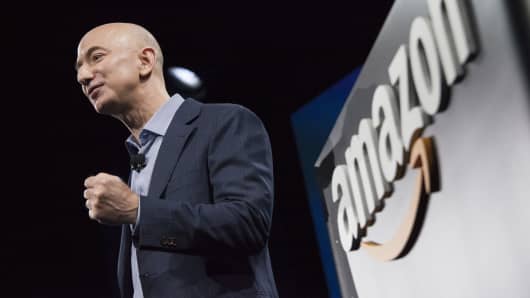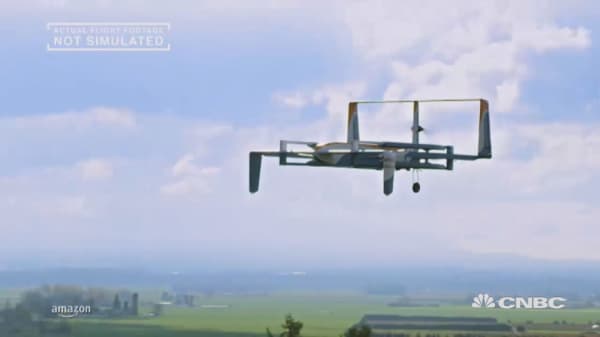The problem here, as I see it, is that the resources and capabilities that make Amazon such an exceptionally effective competitor are quite distinct from the resources and capabilities that Whole Foods has focused on and developed over a long period of time. As part of a class in strategic management that I teach here at the University of Notre Dame, we compare and contrast two retail businesses with substantially different modes of operation – Whole Foods and Aldi. Whole Foods operates by pursuing a differentiation-based competitive advantage; through ongoing investments in marketing, brand value, customer service, quality, and in-store experience, it targets a particular socio-economic group of customers, attempts to increase those customers' willingness to pay above that of its competitors, and thereby exceed the extra costs incurred in creating this increased willingness to pay.
In contrast, Aldi pursues a cost-based competitive advantage. Its value proposition is to provide acceptable-quality goods, most of which are private-label, at the lowest possible price, with no frills, minimal advertising, and a utilitarian in-store experience. Aldi's focus is driving costs out of its system at every point in the value chain, because the basis of its success is providing roughly the same stuff as its competitors, usually at a lower price. Simply looking at these two descriptions, which one sounds more like Amazon? Clearly, Aldi. In fact, Amazon is probably the poster child for a company pursuing a cost-based competitive advantage.
And it's not just cold and impersonal strategy, but warm corporate culture that could hardly be less similar. Amazon's is a culture of relentless, largely impersonal, efficiency, while Whole Foods has positioned itself as an organization that not only provides healthier, natural food, but also represents "enlightened" values. Consider some of the lines in a recent commercial for Whole Foods: "We are hungrier for better than we ever realized," "It's good for us and for the greater good, too," and "This is where values matter." Take a quick look at the About Amazon section on the company's website, and see if you get the same sense.
Actually, my favorite response to this news was a tweet saying, "I wonder if Whole Foods CEO John Mackey knows that Amazon advertises on Breitbart." Whether or not John Mackey knows, you can be sure that Whole Foods' core customers will find out pretty quickly. A brand is a fragile thing, especially when that brand is associated with such clear social and cultural expectations. Admittedly, Mr. Mackey himself isn't a stranger to cultural controversy. Repeatedly over the last few years, he has angered many of his customers by opposing universal health care and the Affordable Care Act (even once referring to the ACA as "fascism"). But the point is that this response from many Whole Foods stakeholders is because such comments are seen as anathema to the values that the firm and its leader should espouse. And sure, the initial acquisition announcement suggests that Whole Foods will continue to run as an independent entity, but it's hard to see how Amazon could achieve effective synergies by pursuing such a policy forever. As Whole Foods begins to rub up against the parent firm, there's likely to be a substantial culture clash.
But who really knows? Maybe Mr. Bezos is bored and wants an even bigger challenge. Perhaps the newspaper industry and human spaceflight are too easy for him. Mind you, people have been second-guessing Jeff Bezos for years, and it seems that he's been right more often than he's been wrong. Nonetheless, my prediction is that this becomes one of the many acquisitions that doesn't quite go according to plan, if for no other reason than culture clashes alone. I guess we'll see. I'll certainly be watching with interest.
Commentary by Craig Crossland, the Rev. Basil Moreau, C.S.C. Associate Professor of Business, and Chair of the Management & Organization Department, at the University of Notre Dame. He teaches and conducts research in the area of strategic management, with a focus on senior executives and their effects on organizational outcomes. Follow him on Twitter @craigcrossland.
For more insight from CNBC contributors, follow
@CNBCopinion
on Twitter.




